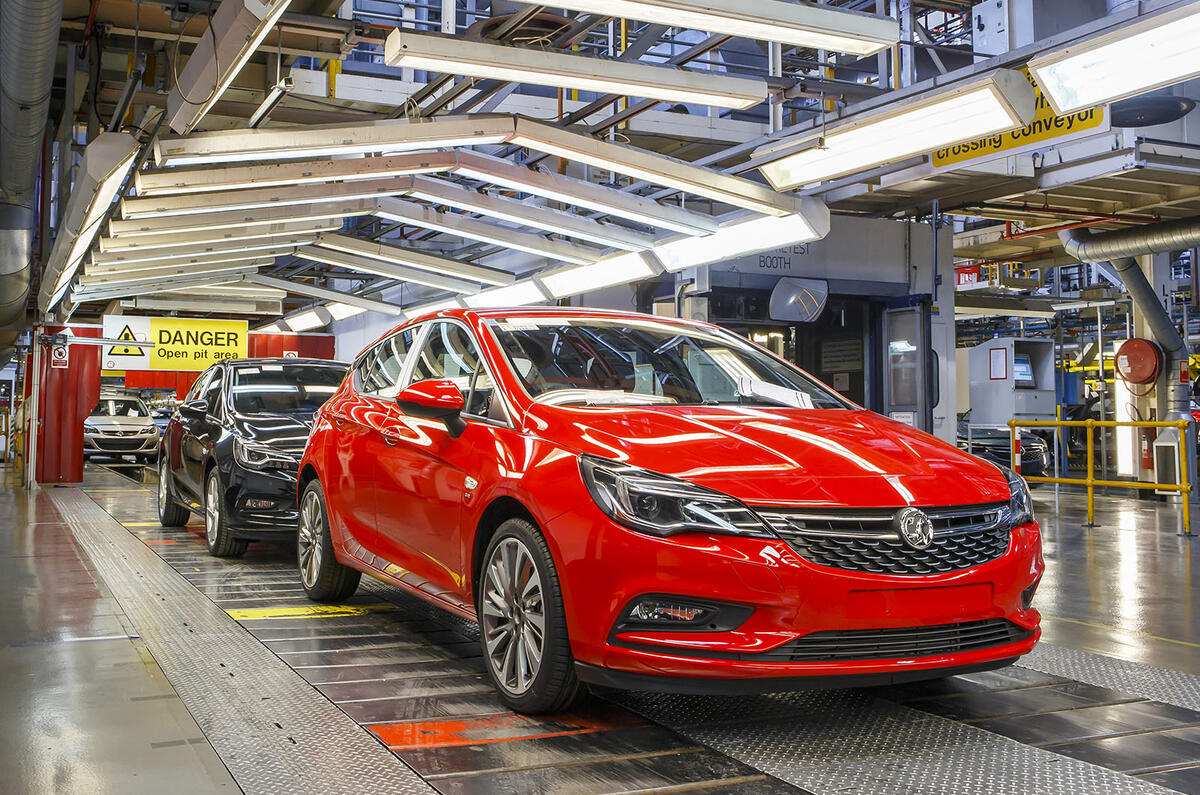Given the huge challenges and investments all car makers are facing, mergers, such as that we have seen proposed today between FCA and PSA, are unsurprising.
Independently, even those businesses the size of FCA and PSA are still too small to deal with the investment challenges needed to reduce CO2 emissions to levels legislated by the European Union.
Full story: PSA Group and Fiat Chrysler confirm merger plans
To meet EU legislation that cuts CO2 emissions to an average of 95g/km by next year, with further reductions of 15% by 2025 and 37.5% by 2030 and fines for every g/km over that amount on each and every car sold, requires vast investments in new technologies, while still having to develop appealing and improved cars to sell today to fund those investments. R&D spends will never have been greater.
The EU CO2 legislation has turned the industry as we know it on its head. All brands are facing challenges to meet it, even more so for the likes of PSA and FCA whose core brands are rooted in the mainstream.
When you’re selling each car you make for a few thousands pounds less than premium brands do, yet you still face the same development costs to create such a car, the books become even harder to balance. PSA and FCA will be feeling it more than most, and are seeing the segments they’ve always been strongest in (city cars, for example, that provide affordable, honest transportation to buyers young and old) become obliterated by the requirements of the EU legislation.
It's no wonder that the German premium brands and groups have expanded like never before into every conceivable niche, including reaching down into the small mainstream car segments that the likes of FCA and PSA used to dominate - they need to sell every car they can with the lowest CO2 emissions possible to avoid being legislated out of business.
The PSA/FCA deal is all about Europe. While it can help bring synergies in other areas, the main common ground the two companies have in their global footprint is in Europe. By merging, they can share the costs of production, car development and powertrain development, electrification and all, between more brands now than even the Volkswagen Group.
Costs will be hugely reduced, but there will be casualties along the way; Vauxhall’s UK plants in Ellesmere Port and Luton are unlikely to lose the perennial question marks that hang over them anytime soon, if ever.
The deal won’t solve all the problems facing the two groups. Both are suffering in China; PSA’s products won’t suddenly have a reason to be in the US and the long-term problems facing Alfa Romeo and Maserati won’t suddenly go away. However, there is one obvious way those two famous brands can directly benefit from pooling resources in the cars they create. That can only come from a further tie-up.








Join the debate
Add your comment
PSA have been discussing a
PSA have been discussing a return to the USA for a few years now. Granted they wont appeal to the foyle over states but there are a lot of potential customers on the east and west coast who will look at the 208 and 3008/5008 (New York was covered in CRVs and Rav4s).
Eventually the only differentiating factor...
...will be the badges on the outside and the trim inside. The 'End of Days' for the enthusiast is just around the corner (which will feel the same whichever car one drives).
Temple of Dull
Clearly you have the Temple of Dull based in Wofsburg in mind.
21st century is definitively
21st century is definitively demoralizing for enthusiast.
Add on JLR or maybe even all
Add on JLR or maybe even all of Tata cars and light commercial vehicles. Maybe Mahindra, Geely, Honda and BMW or Daimler. Over time, at least some of this has to happen to achieve scale and market reach. Otherwise it will be the newly created group which will be acquired by one of the big 3.